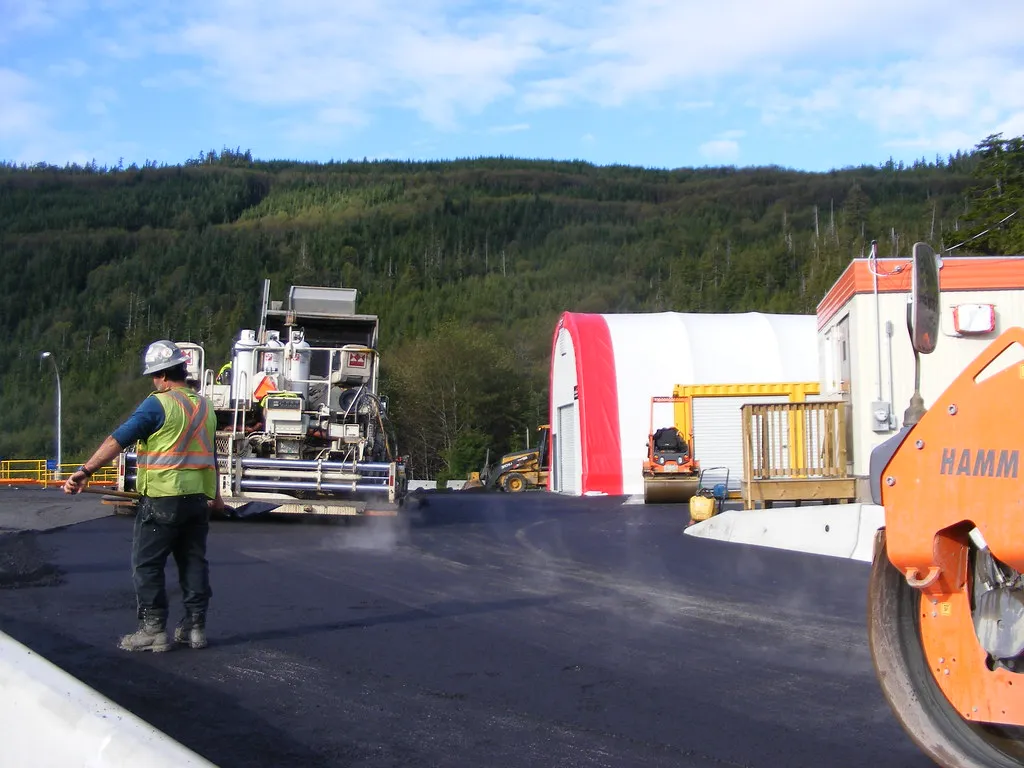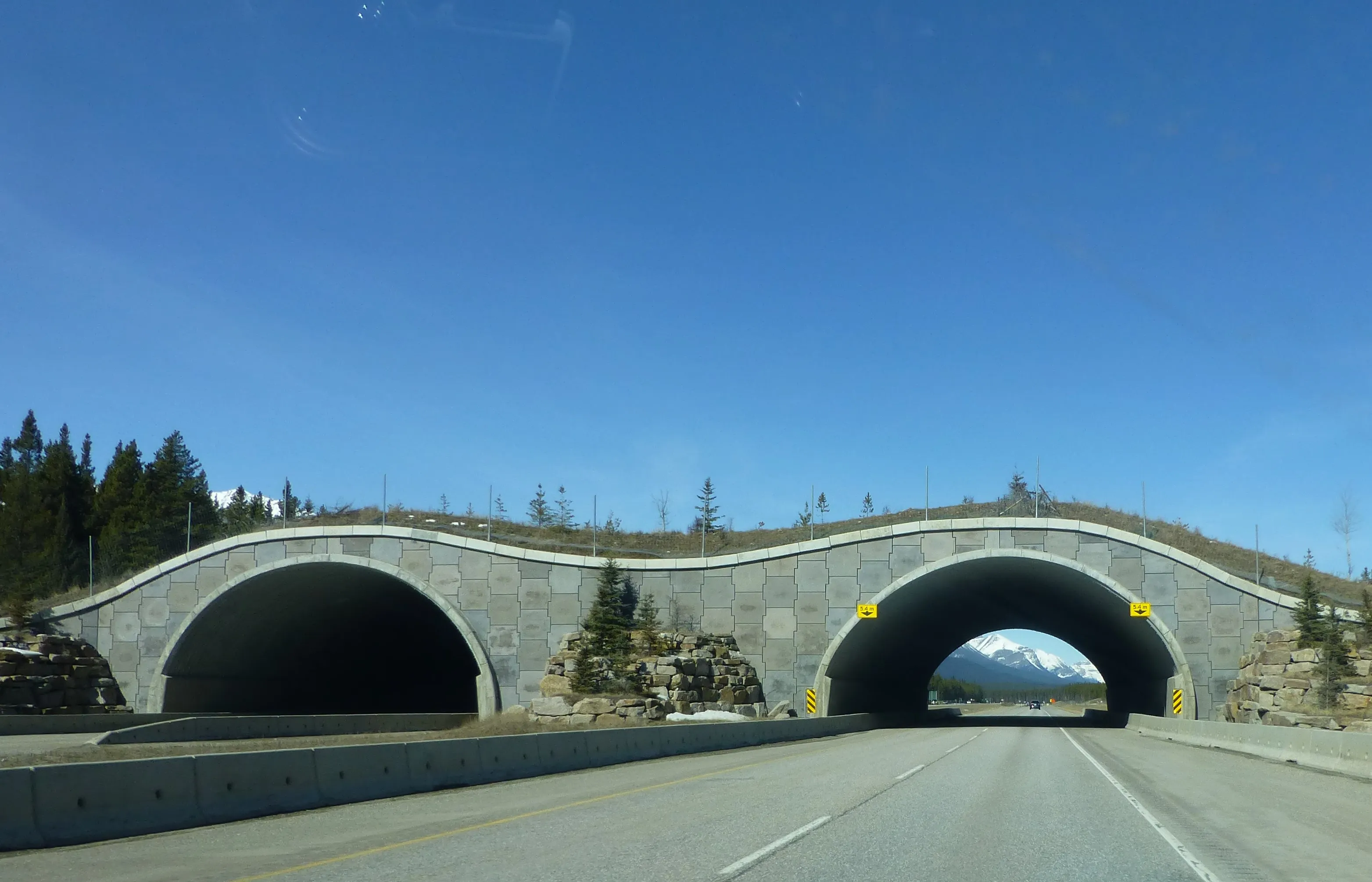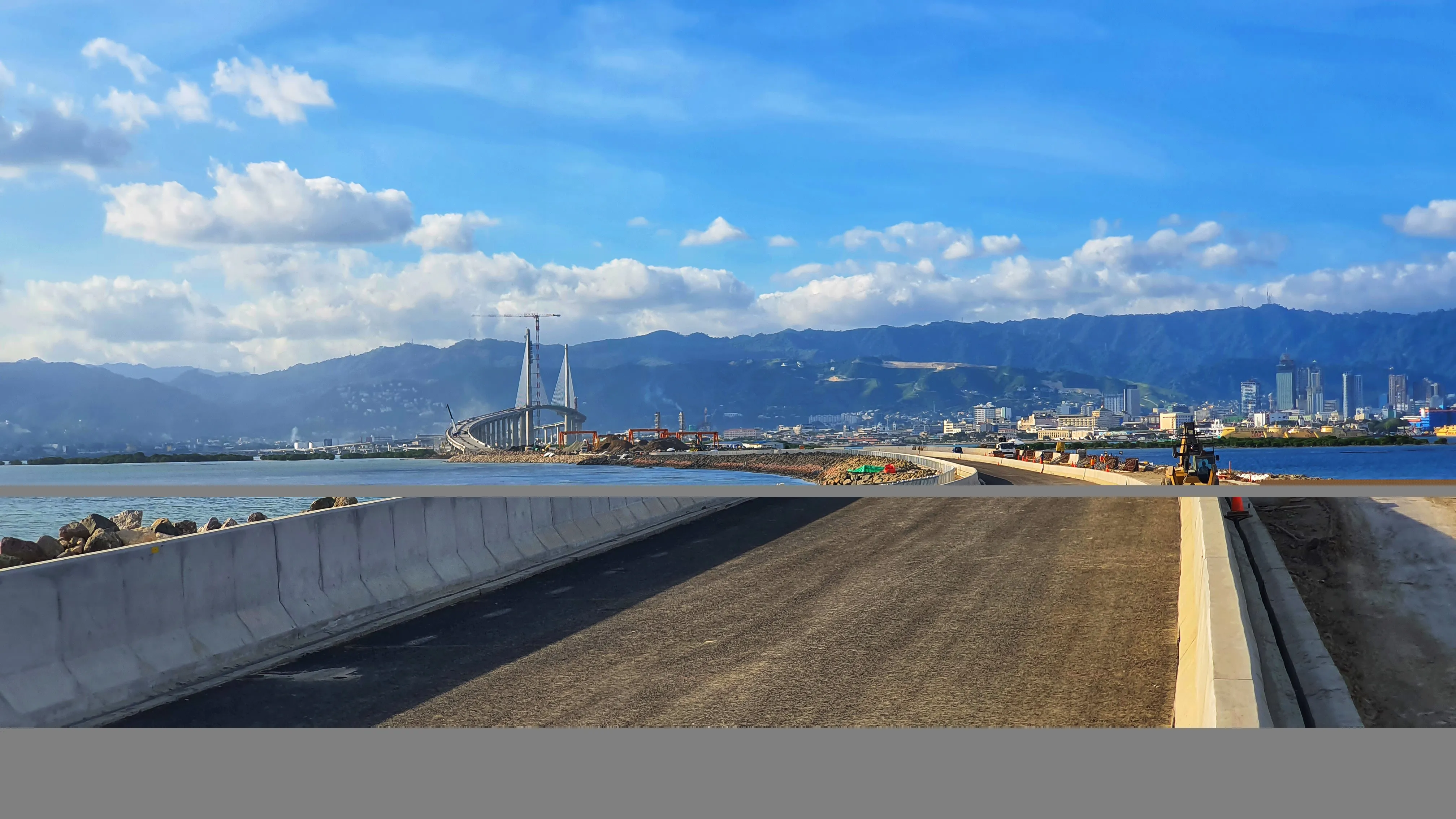
Nearly 300km of roads will be resurfaced or paved this summer in the western Canadian province of British Columbia.
Crews in northern BC will be busy on paving projects that cover more than 296km of highways and side roads. “This resurfacing and repaving work is an important part of maintaining our infrastructure in northern BC, where communities and industry rely on these vital connections,” said Rob Fleming, minister of transportation and infrastructure.
“This work will ensure the reliability and safety of the province’s transportation links, especially as the economy continues to recover from the pandemic and more British Columbians return to our roads.”
Work is nearing completion in several locations in the Hazelton area, where 25km of asphalt surfacing is part of a US$4.4 million project. “In northern BC, where often there are only a few road access points into remote and rural communities, highway and road maintenance is extremely important,” said Nathan Cullen, minister of municipal affairs. “Safe and reliable highways and roads are essential for northerners to get to work, school and appointments.”
In northeastern BC, another project underway is where 12km of Highway 97 is being resurfaced at a cost of US$6.1 million.
In April, the province announced that Flatiron Constructors Canada had been named contractor for the Steveston Interchange Project that will improve traffic flow for the planned new Massey Tunnel near Vancouver on the Pacific coast. The contract value for the design and construction of the new interchange and removal of the existing one is US$35.3 million (CAN$44.25 million).
The new immersed Massey Tunnel under the Fraser River will be in operation in 2030 at an estimated cost of US$3.3 billion (CAN$4.15 billion). Two of the tunnel’s eight lanes will be dedicated for bus rapid transit and there will be separated pathways for cyclists and pedestrians.
The existing four-lane 61-year-old George Massey Tunnel is Canada’s only tunnel below sea level and carries more than its design limit of 80,000 vehicles a day.
Earlier this year, COWI was named as owner's engineer for the replacement project. Cowi said it will draw on its experience designing the original four-lane George Massey tunnel in 1959 and whose removal the engineering firm will oversee.







